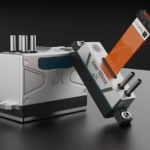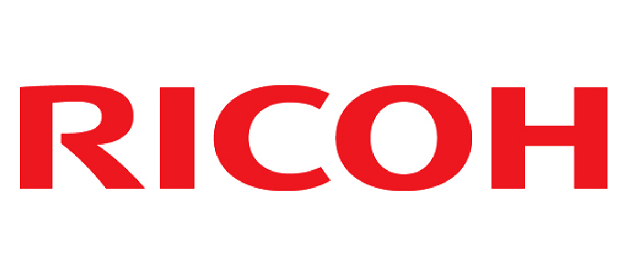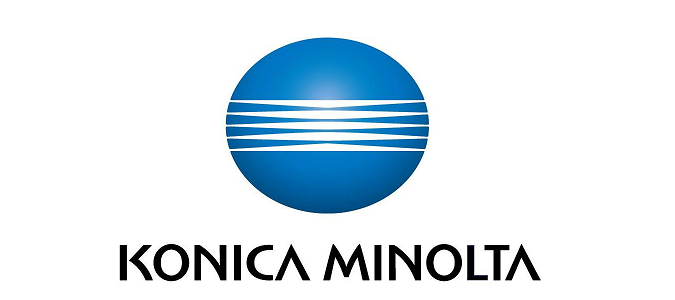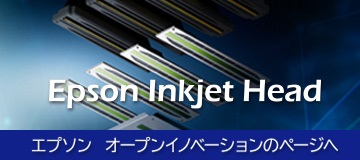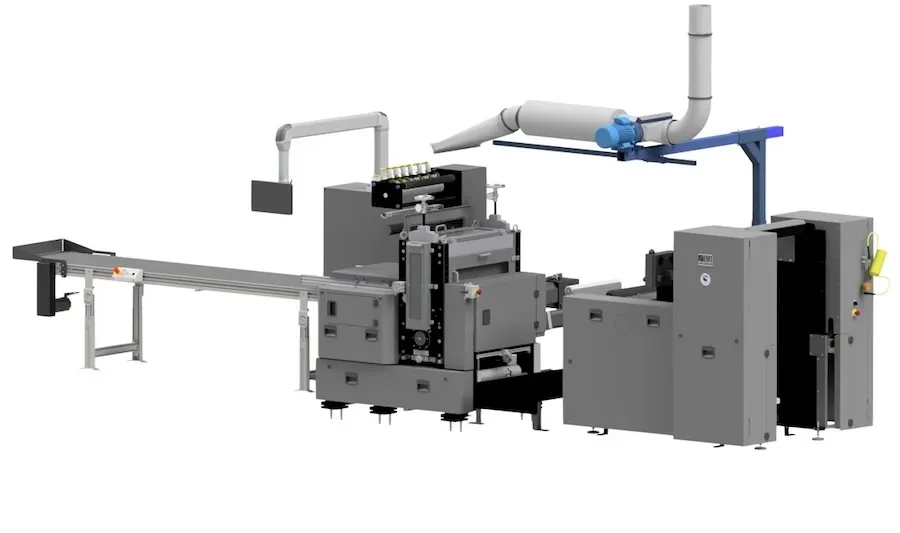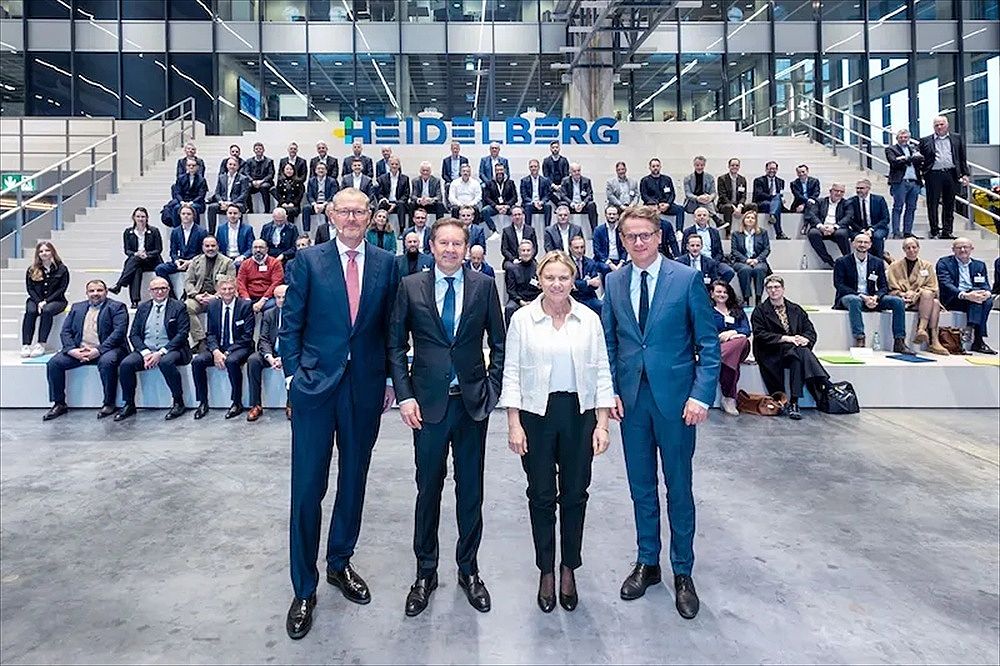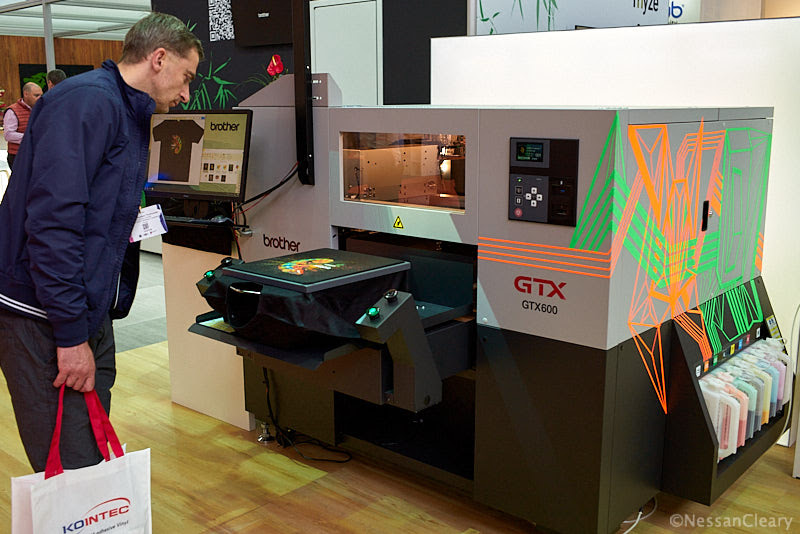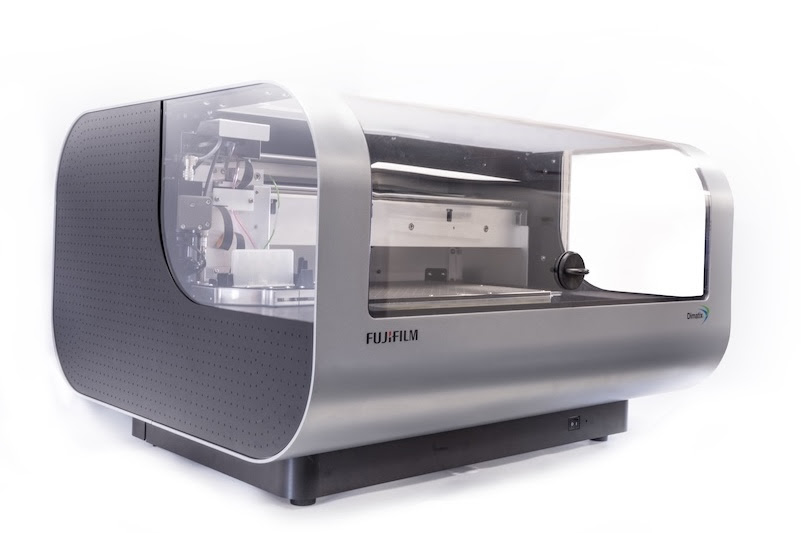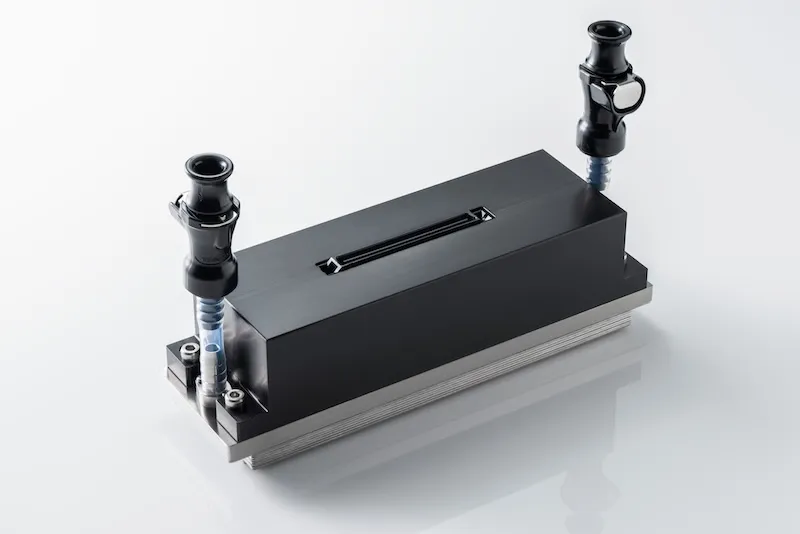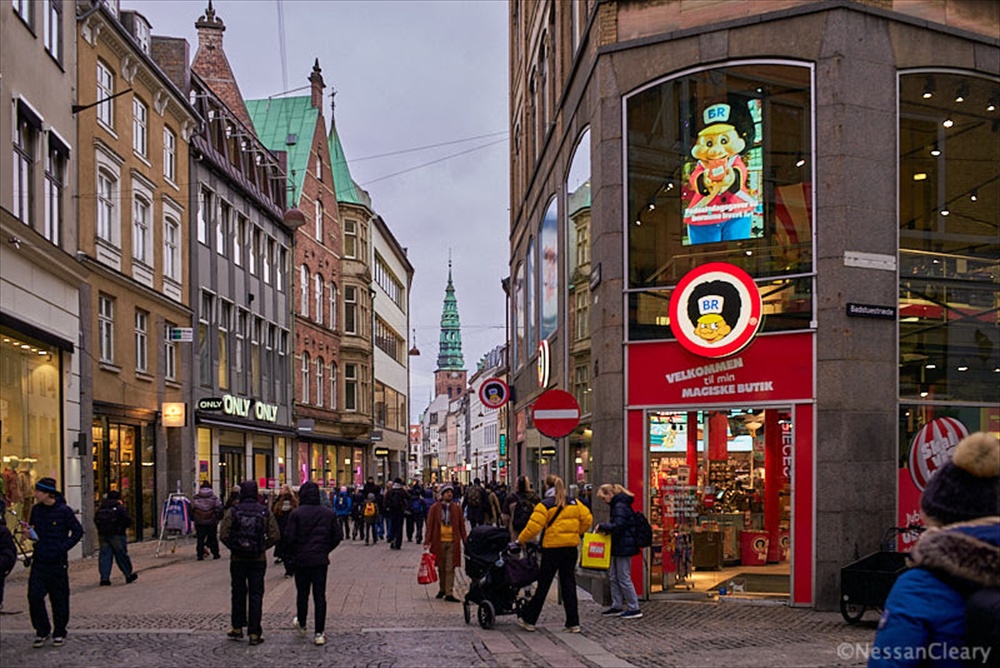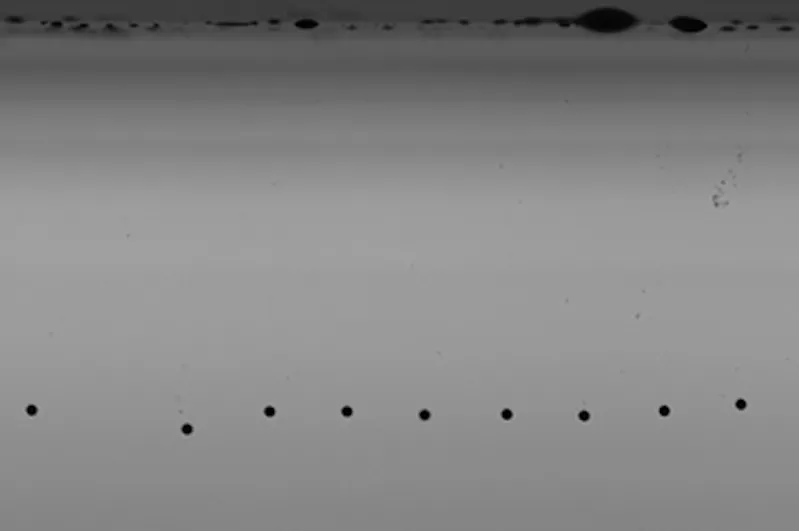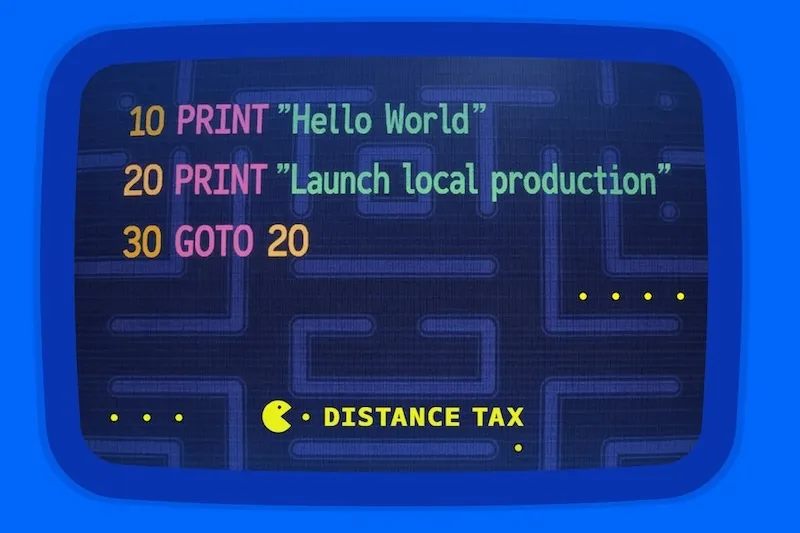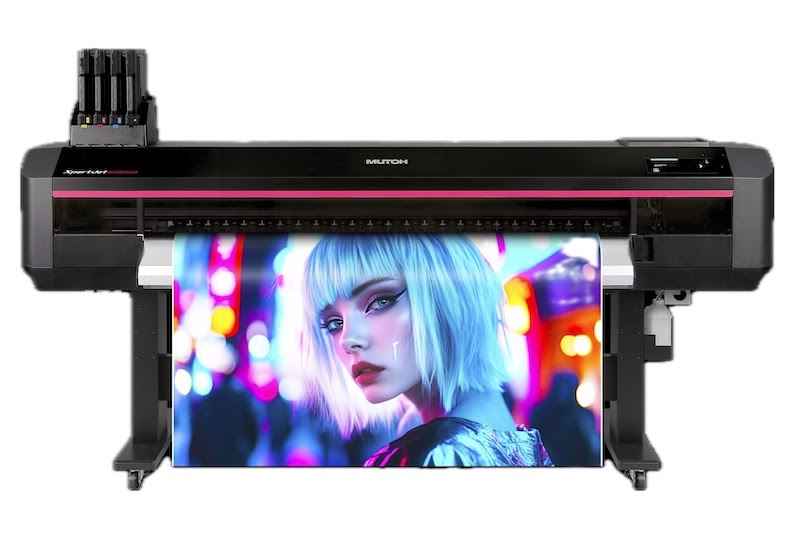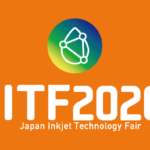- 2018-7-18
- Nessan Cleary 記事紹介
欧州のラベルメーカー協会(FINAT)は、最新のリサーチの詳細を発表しました。それによると、より洗練されたラベルの需要が高まっていることが示唆されています。
The European label manufacturers association, FINAT, has released details of its latest research that suggest demand is growing for more sophisticated labels.

Research by the FINAT label organisation suggests more brands turning to sophisticated label stocks.
According to FINAT, paper-based materials continue to dominate the demand amongst label converters but there has been a shift from basic primary and VIP labels towards more sophisticated, high-end applications. The survey revealed that the demand for PP-based materials has grown by 78 percent since 2010, with the use of direct thermal papers over the same period up by 51 percent and an increase in white coated papers by 24 percent.
FINATによると、紙ベースの素材は引き続きラベルコンバーターの需要の主要なメディアの地位を維持していますが、全般的な傾向として、基本的なプライマリとVIPのラベルから、より洗練されたハイエンドのアプリケーションに移行しています。調査によると、PPベースの材料の需要は2010年以降78%増加し、同じ期間に直接感熱紙を使用した場合は51%増加し、白色コート紙では24%の増加でした。
Jules Lejeune, managing director of FINAT, commented: “The continued growth in demand for packaged consumer goods, especially in emerging economies, has increased the need for white, coated materials as end-users are looking to differentiate their branded products on the shelf. Labels containing variable product data in sectors like retail, logistics, process automation and inventory management demand an ever-growing volume of direct thermal papers. But above all, the need for high quality (transparent) product decoration in high speed, high volumes sectors like food, health and beauty care and premium beverages is driving the surge in the consumption of PP-based labels.”
FINATのJules Lejeune会長は、次のようにコメントしています。「パッケージングされた消費財、特に新興国での需要の継続的な増加は、エンドユーザーがブランド製品を売り場の棚上で差別化しようとしているため、白色のコートされたメディアの需要を増加させました。小売、ロジスティクス、プロセス自動化、在庫管理などの分野で可変製品データを含むラベルには、直接感熱紙の需要を増加させました。しかし、それにも増して、食品、健康、美容、プレミアム飲料などの高速、大量の分野での高品質(透明)製品の装飾の必要性は、PPベースのラベルの消費の急増を引き起こしています。」
FINAT suggests that this trend to more sophisticated films is behind another trend for label producers to offer packaging solutions like pouches, sleeves and other flexible packaging items though I think that it’s just as likely that it’s the other way around – that the use of more sophisticated labels follows the trend amongst label converters to expand into packaging. After all, this also depends heavily on converters having invested in wider label presses, typically 430mm and above, that are capable of taking flexible films – meaning those fitted with servo drives and with some degree of automated register settings. Most people making that sort of investment are going to look at expanding their likely applications such as moving into some form of packaging.
FINATは、より洗練されたフィルムへのこの傾向は、ラベルコンバーター達がパウチ、スリーブ、その他のパッケージング・アイテム等のパッケージ・ソリューションを提供するというもう一つのトレンドがあって、それに遅れてやってきていると見ていますが、私は逆じゃないかと思うんです。つまり、ラベルコンバーターたちがラベルに留まらず、パッケージ分野に業容を拡大しつつあるというトレンドの結果として、もっと高度なラベル(に類するもの)が使われるようになってきていると。結局のところ、これはまた、幅広いラベルプレス(一般的には430mm幅以上)に投資しだコンバーターに大きく依存しています。これは、サーボドライブとある程度の自動位置合わせ設定を備えたフレキシブルフィルムにプリントすることが出来るマシンを意味します。そのような投資を行うほとんどの人は、何らかのパッケージングに移行するなどの可能性のあるアプリケーションの業容拡大を検討しています。
The research also finds that the highest growth rates were recorded in non-prime markets like automotive, consumer durables and industrial chemicals while the largest labelling sectors of food and beverages continue to be among the top five growth markets. FINAT concludes that the two dominant trends are that prime labels are becoming increasingly complex while non-prime labels are becoming increasingly functional.
また、自動車、耐久消費財、工業用化学品などの非プライム市場で最も高い伸び率が記録された一方で、食品および飲料の最大のラベル部門は、成長市場のトップ5に入っています。 FINATは、プライムラベルがますます複雑になり(高度化し)、非プライムラベルがますます機能的になっているという2つの主要な傾向があると結論づけています。
FINAT, or at least its statistical agency Panteia, claims that there is “clear statistical correlation between roll labelstock demand and the general economic climate, pointing out that labels are widely used throughout most sectors of the business community. Not surprisingly, the research sees growth in labelling in several eastern European markets though the big five – Germany, UK, Italy, France and Spain – still dominate.
FINAT、または少なくともその統計エージェントのPanteiaは、ラベルがビジネス界のほとんどの部門で広く使用されていることを指摘し、ロールラベルの需要と一般的な経済状況との間に明確な統計的相関があると主張しています。驚くべきことではありませんが、この調査では、ドイツ、英国、イタリア、フランス、スペインの5大市場が依然として優位を占めていますが、いくつかの東欧諸国での成長が報告されています。
Lejeune warns: “Given the present uncertainties associated with Brexit, escalating trade wars between the EU and the US, continued trade sanctions against Russia and, finally, re-emerging concerns about the euro following the installation of the new Italian government, it should come as no surprise that the gap between annualised growth rates in the label industry and GDP has been shrinking in recent quarters after five years of continued well above GPP growth rates.”
Lejeune氏は次のように警告しています:「Brexit、EUと米国の貿易戦争の激化、ロシアに対する貿易制裁の継続、 イタリアの(ポピュリズム指向の)新政権の誕生によるユーロへの不安の増大などに関連した現在の不確実性という状況を鑑みれば、GPPの成長率をはるかに上回った5年後には、ラベル業界の年間成長率とGDPの差が縮小していること(ラベルの成長が鈍化するリスク)は驚くことではありません。」





